NJ ADAPT
Data-visualization and mapping tools
NJ ADAPT is a suite of data-visualization and mapping tools developed by Rutgers University. The NJ ADAPT tools are designed to assist planners, community leaders, businesses, and residents to understand and adapt to the impacts of climate change on people, assets, and communities in New Jersey. Click on the buttons below to select the tool you would like to use.
Climate Dashboard
New Jersey climate trends in moderate and high emissions scenarios
Climate Planning Tool
A guide to using coastal flooding data in climate change planning
Climate Snapshots
Climate risks summarized by municipality, county and statewide
Local Planning Navigator
A decision-support tool for building community resilience
NJ FloodMapper
An interactive flood exposure data mapping tool
NJ Forest Adapt
A data mapping tool for forest management
NJ HazAdapt
Data and resources for hazard mitigation planning
NJ Public Health Adapt
Climate planning for improved health outcomes
NJ ResTOrS
New Jersey Restoration Tool Organization Suite (NJResTOrS)
Rutgers Inland Design Flood Elevation
FEMA 1% Chance Annual Flood +3 feet
This data layer is consistent with the NJDEP Inland Flood Rule establishing a new Design Flood Elevation (DFE) standard for specific types of new construction and redevelopment. The new DFE is 3 feet above the elevation of the 1% Chance Annual Flood for New Jersey, also known as the 100-year flood (and equivalent to 2 feet above the NJDEP mapped flood elevation).
NJADAPT is a planning tool; it is not designed to render determinations as to the regulatory status of an individual property. Rutgers is constantly improving NJADAPT with new data, applications, functions, and tools. If you would like to be notified of updates to NJADAPT as well as trainings for its use, please join our mailing list. We welcome your feedback; please send us comments or examples of how you use NJADAPT.


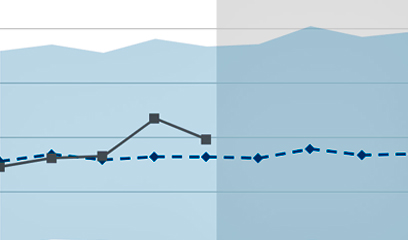
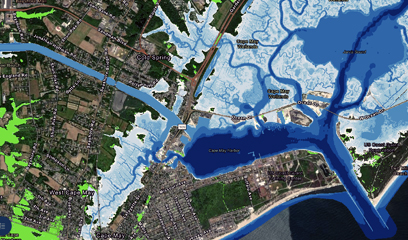
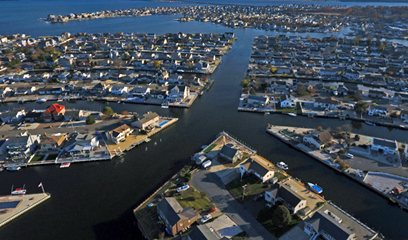
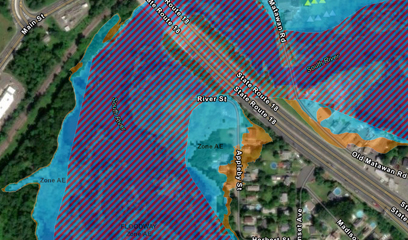
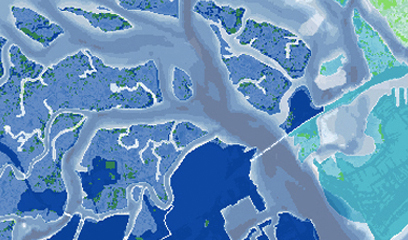
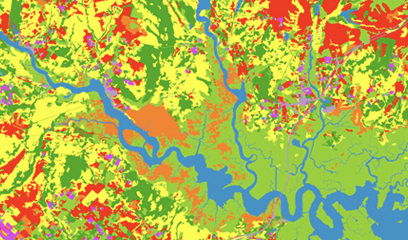
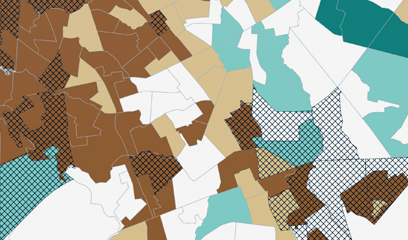
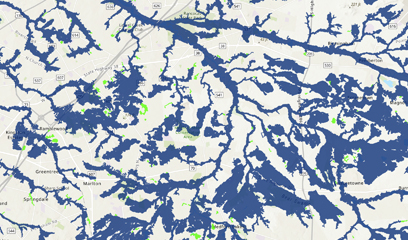
 Angel Alguera
Angel Alguera Daniel Gilkeson
Daniel Gilkeson Benjamin Goldberg
Benjamin Goldberg Surya Jacob
Surya Jacob Vineesh Das Kodakkandathil
Vineesh Das Kodakkandathil Douglas Leung
Douglas Leung Nihar Mhatre
Nihar Mhatre Justin Morris
Justin Morris Josephine O’Grady
Josephine O’Grady Jessica Parineet
Jessica Parineet Dillan Patel
Dillan Patel Moira Sweeder
Moira Sweeder